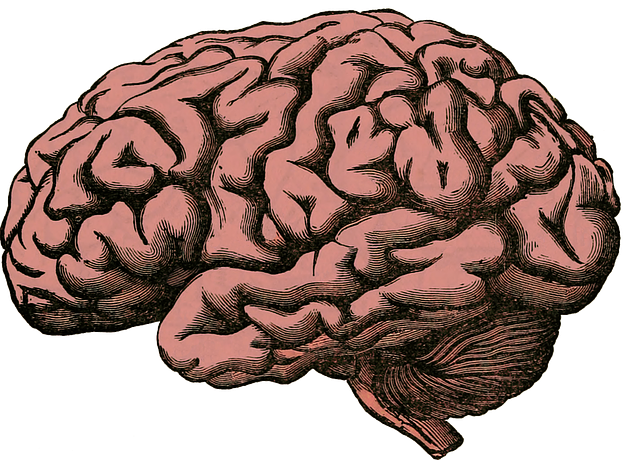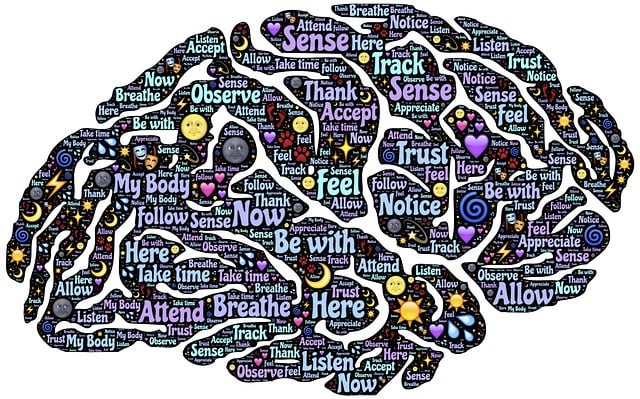Longmont Cognitive Processing Therapy (LCPT) is an evidence-based crisis intervention that tackles negative thought patterns related to trauma, offering immediate relief and long-term healing. By integrating LCPT with techniques like journaling, social skills training, and stress management, a comprehensive framework for mental wellness recovery is created. This multifaceted approach enhances emotional control, communication, and resilience, empowering individuals to navigate high-stress situations effectively.
In times of crisis, effective intervention can make a world of difference. This article provides an in-depth look at crisis intervention strategies, guided by the principles of Longmont Cognitive Processing Therapy (LCPT). We’ll explore how LCPT facilitates cognitive restructuring and emotional regulation, offering immediate support while fostering long-term recovery. By understanding the core concepts and practical applications, mental health professionals can navigate complex situations with empathy and skill, ultimately assisting individuals in overcoming challenging crises.
- Understanding Crisis Intervention: A Brief Overview
- Longmont Cognitive Processing Therapy (LCPT): Principles and Application
- Effective Strategies for Immediate Support and Long-term Recovery
Understanding Crisis Intervention: A Brief Overview

In the realm of mental health support, crisis intervention is a critical component aimed at providing immediate assistance to individuals facing acute distress or traumatic events. This process involves structured and goal-oriented interactions designed to help people cope, stabilize, and regain a sense of control over their lives. Longmont Cognitive Processing Therapy (LCPT), for instance, is an evidence-based approach that has proven effective in addressing the cognitive aspects of crisis situations. By helping individuals identify and challenge negative thought patterns, LCPT facilitates a process of healing and adaptation, enabling them to process traumatic experiences and move forward.
The need for such interventions arises frequently, particularly among healthcare providers who often face high-stress environments and are at risk of burnout. Incorporating crisis intervention strategies into their practice not only supports these professionals’ mental wellness but also enhances patient outcomes. In light of this, understanding the fundamentals of crisis intervention is essential. This knowledge equips individuals with the skills to recognize when a situation requires immediate attention and to respond in ways that promote resilience and restoration.
Longmont Cognitive Processing Therapy (LCPT): Principles and Application

Longmont Cognitive Processing Therapy (LCPT) is a unique approach that focuses on helping individuals process and reframe traumatic or distressing events. This therapy draws on cognitive-behavioral principles, emphasizing the connection between thoughts, feelings, and behaviors. LCPT aims to facilitate a deeper understanding of an individual’s cognitive processes, enabling them to challenge and change unhelpful thought patterns. By doing so, it promotes emotional healing and reduces symptoms associated with trauma and anxiety.
The therapy’s core principles involve helping clients identify and modify negative schemas, or mental structures, that have developed as a result of adverse experiences. This process involves cultural sensitivity, ensuring that the therapist adapts their approach to respect and understand the client’s unique background. Effective risk management planning for mental health professionals is integral to LCPT, as it requires therapists to create a safe space where clients can explore and transform their thoughts without fear of judgment. Through this tailored and empathetic approach, LCPT offers a promising path toward anxiety relief and improved mental well-being.
Effective Strategies for Immediate Support and Long-term Recovery

In immediate crisis situations, providing effective support requires a multifaceted approach. One powerful tool is Longmont Cognitive Processing Therapy (LCPT), which focuses on helping individuals process and reframe traumatic experiences. By facilitating open dialogue and teaching adaptive coping mechanisms, LCPT enables people to gain a sense of control and perspective during challenging times. This therapy encourages the expression of emotions, promotes understanding of the event, and offers strategies to challenge unhelpful thoughts, ultimately fostering immediate relief and setting the stage for long-term recovery.
Complementing LCPT, integrating practices like Mental Wellness Journaling Exercise Guidance, Social Skills Training, and Stress Management techniques can significantly contribute to a person’s well-being. Regular journaling allows individuals to track their emotions, identify triggers, and reflect on personal growth. Social skills training enhances support networks and communication, while stress management techniques such as mindfulness exercises or physical activity help regulate the body’s response to crisis. These long-term strategies combined with immediate LCPT interventions create a robust framework for recovery, empowering individuals to navigate future challenges with resilience.
In conclusion, crisis intervention strategies, such as Longmont Cognitive Processing Therapy (LCPT), play a pivotal role in providing immediate support and fostering long-term recovery. By understanding the principles and applying effective techniques, professionals can navigate challenging situations with empathy and skill. LCPT’s emphasis on cognitive processing offers a powerful toolset to help individuals overcome crises, promoting resilience and healing. This guidance equips helpers to make a meaningful impact during and after crises, ensuring better outcomes for those in need.














